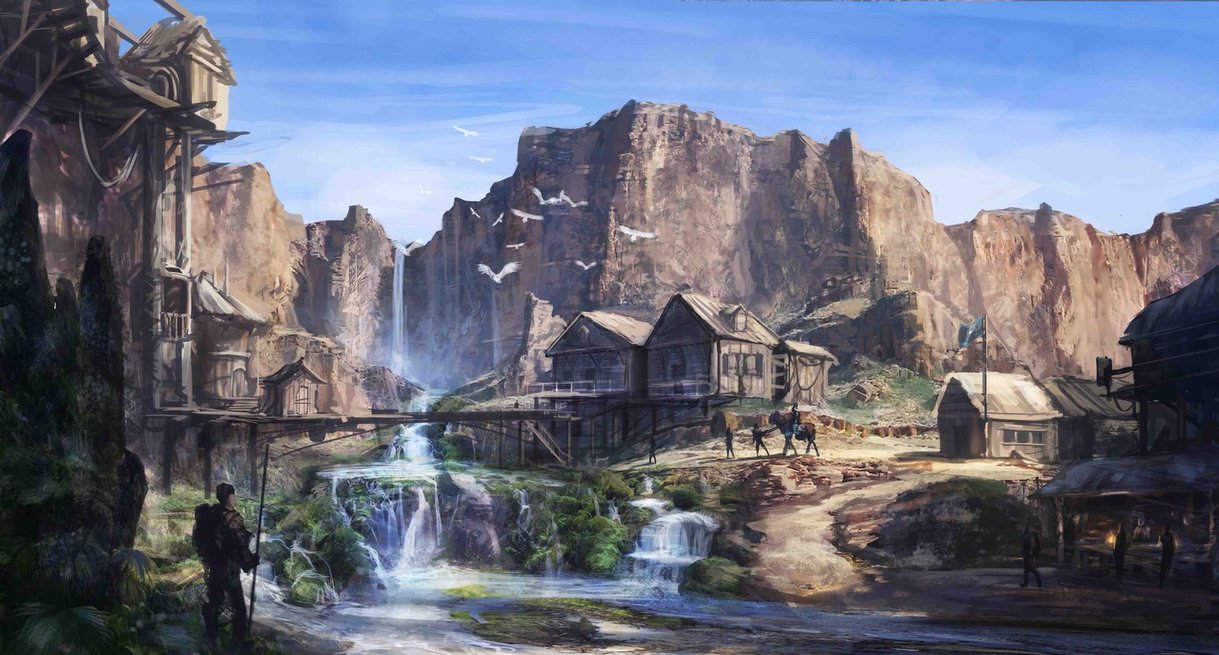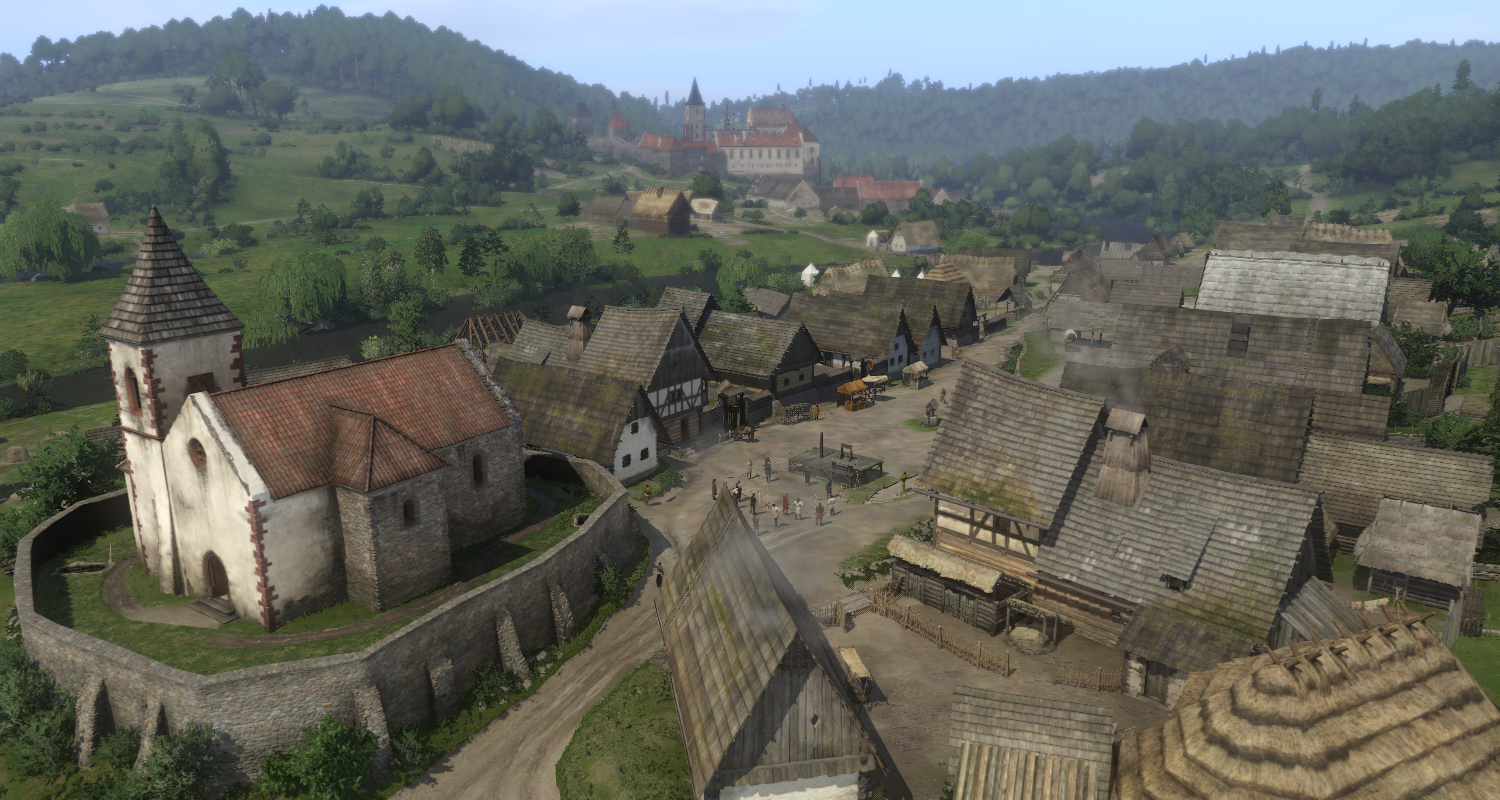

Having cleared for himself a wide area, in about 1822-23 Mzilikazi temporarily joined forces with Nxaba, a chieftain of the Nguni-speaking Ndzundza Ndebele community who lived in the Middelburg area. Moving north and northwest, as he pillaged and slaughtered, Mzilikazi rounded up the strong men and women, turning the men into army recruits and the women into concubines for his warriors, his possessions increasing with his power and prestige, and his followers numbering, in due course, more Sotho youths than Zulu.

Defying Shaka, Mzilikazi refused to give up the spoils of battle and in June 1822, he bolted with his followers.

They pounced on the Sotho chief's defenceless rabble and drove away their herds. In June 1822, Shaka sent Mzilikazi's regiments to attack the Sotho chief Ranisi (Somnisi).
#River type village stronghold kingdoms free
Dissatisfied with a life of subservience, he plotted to free himself and his people from Shaka's influence. Mzilikazi dreamed of being a potentate himself. Proving himself a fearless warrior, Mzilikazi soon became one of Shaka's advisers. But, after Dingiswayo's death, instead of siding with Zwide, in exchange for the protection of his people, Mzilikazi swore allegiance to Shaka, who had risen to power as a commander of Dingiswayo's army and had usurped the Zulu chieftainship and taken over the Mthethwa confederacy after Dingiswayo’s death. On the death of Chief Mashobane, who had been murdered by Zwide, Mzilikazi was duly installed as chief of the Northern Khumalo clan. Inevitably, as he grew to manhood he observed the less powerful Khumalo being drawn into the conflict between Dingiswayo and Zwide. Mzilikazi's boyhood was spent in the household of his grandfather Zwide. The territory of the Northern Khumalo was located near the Black Mfolozi River, squeezed between the lands of two strong rival groups: the expanding Mthethwa chiefdom of Dingiswayo and the land of the equally ambitious and much more ferocious Zwide of the Ndwandwe. In his autobiography, David Livingstone referred to him as the second most impressive leader he encountered on the African Continent. The son of Matshobana whom many had considered to be the greatest Southern African military leader after the Zulu king Shaka. 1790 near Mkuze, Zululand (now part of South Africa). Mzilikazi (meaning The Great Road), was a Southern African king who founded the Matabele kingdom (Mthwakazi), Matabeleland, in what became Rhodesia and is now Zimbabwe.


 0 kommentar(er)
0 kommentar(er)
